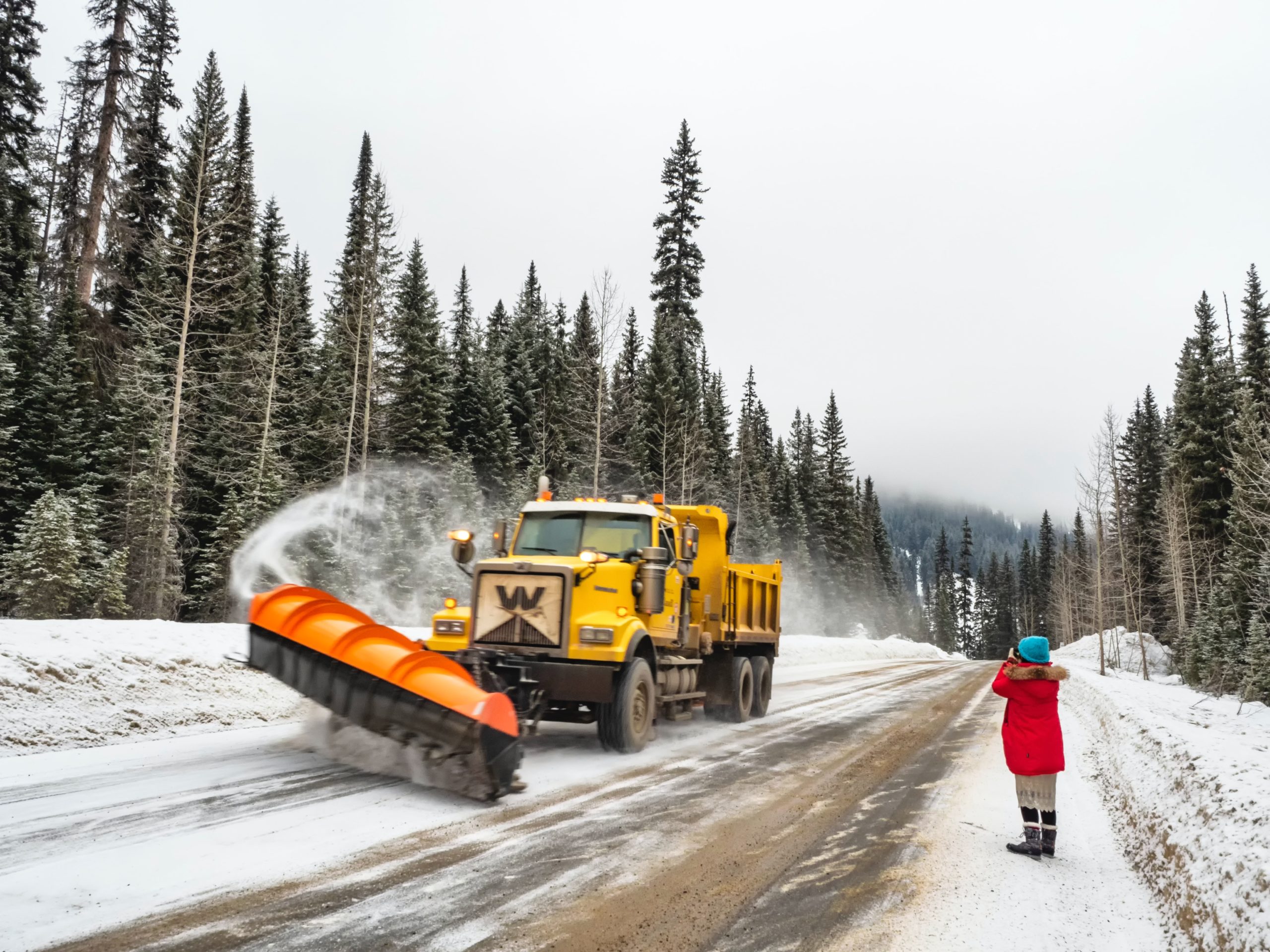When to Call the Snow Plows

Even though winter is (hopefully) almost over, it is a good time to talk about snow and plan ahead for next year. Every winter, condominium and homeowner association boards all over Pennsylvania face the same question: When do we need to call our snow removal contractors? This is a divisive topic in the community. Some people believe that no matter what the snow amount, the grounds crew should be there around the clock to remove the snow. They may threaten to sue the Board if there are any slips and falls on Association property. Board members want to know what is their legal duty to remove snow and ice from the Association’s roads, sidewalks, driveways, etc.?
The Association’s potential liability for slips and falls on an ice or snow-covered surface is covered by the “Hills and Ridges Doctrine.” This says that the Association has to remove snow and ice within a reasonable time after the accumulation in order to prevent a dangerous condition. An Association cannot allow snow and ice to accumulate in hills and ridges, if the accumulation is a danger to pedestrians.
The key to the Association’s responsibility is that it needs to act “reasonably.” That does not mean immediately after the last snowflake falls. In fact, Courts have found a landowner not liable for injury when snow fell overnight and the parking lot was not cleared by 7:45 the next morning. The Courts have also said that the Association does not have to pre-treat sidewalks before a storm, or to salt or sand a parking lot during or immediately after an ice storm. If there is snow everywhere, people are supposed to know that there may be slippery conditions.
How does this practically affect an Association? The Association has to get their snow removal people moving within a reasonable time after the storm is over. Reasonable is not an exact definition. What may be reasonable for a hospital or a shopping center may be much too expensive to expect a small community to afford. Most communities need to hire a contractor that goes to the hospital and the grocery store and the bank before it comes to remove snow off the sidewalks in the community. Also, for light snows, it may be reasonable not to plow at all. If the snow sticks around for days and forms icy spots in the hills and ridges of the sidewalks, then the Association may have a duty to act. However, if it is a coating of snow in the morning that will be gone by the evening, then no accumulations in the hills and ridges may occur. The Association probably does not need to shovel the sidewalks and call the contractors back if a small section of the sidewalks drifts over. In those cases, the Association should not be liable for a slip and fall on the sidewalks.
On the other hand, if the Association knows of a dangerous situation, such as where ice melts off a roof and refreezes in one section of the sidewalk, they may be responsible for taking steps to treat that area. But even then, the Association has a reasonable amount of time after the storm occurs to take action.
Association Boards have a difficult task. They need to consider the good of everyone in the community. When it snows, I tell Boards that they do not have to do anything heroic. They do not have to pay a premium to have the snow plow show up as soon as the storm is over. the Association needs to do the things that make practical sense for the community.
